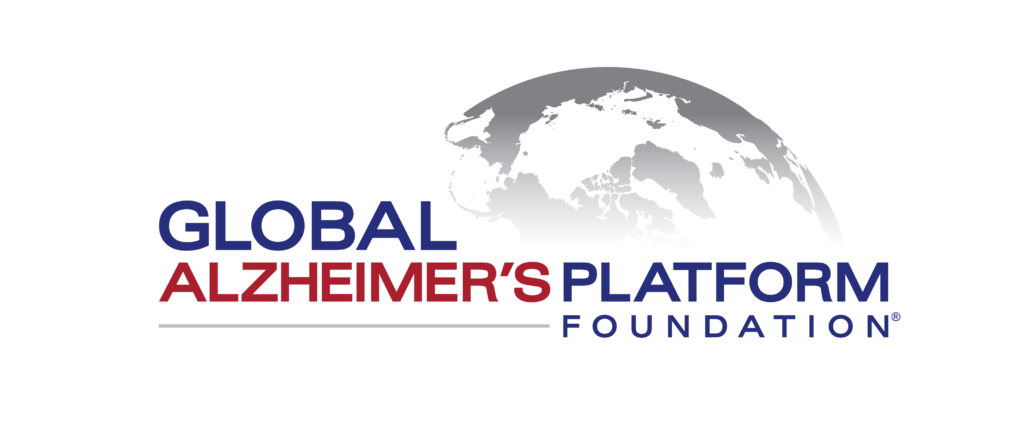WASHINGTON, DC, Sept. 28, 2022 — Today, the Global Alzheimer’s Platform Foundation (GAP) applauds and welcomes the Phase 3 study results on lecanemab for treating Alzheimer’s disease, marking an enormous milestone for millions of people living with Alzheimer’s disease.
The positive trial results, released by Eisai Tuesday night, show that the novel drug helped slow cognitive decline by 27 percent after 18 months in people who are in the early stages of the illness by targeting amyloid plaque buildup in the brain. These results are significant.
“This study met all its endpoints, unprecedented in Alzheimer’s; it’s a landmark day,” said John Dwyer, GAP president. “The millions-strong Alzheimer’s community deserves access to treatments that improve their lives and slow progression of this insidious disease—now we have a great candidate.”
“These results will change the lives of those with Alzheimer’s, and I am proud that GAP and GAP-Net clinical research trial sites were integral in conducting this groundbreaking study,” Dwyer added.
The study results were based on 1,795 patients, 25 percent of whom were Hispanic and African American. This is in stark contrast to the typical rate of one to three percent for minority involvement in clinical trials, and a step forward to ensure that treatments work for everyone.
Participants were randomly assigned to receive either the drug or a placebo every two weeks over 18 months. Cognitive decline was measured using a clinical dementia rating scale that focused on six areas: memory, orientation, judgement, problem solving, community affairs, home and hobbies, and personal care. To date, lecanemab is one of the largest studies conducted to target clearing amyloid plaque for the purpose of slowing he progression of Alzheimer’s.
According to Eisai, lecanemab’s overall ARIA incidence profile was within expectations. The Phase 3 study shows a high level of safety and efficacy, with the incidence of symptomatic ARIA-E was 2.8% in the lecanemab group and 0.0% in the placebo group. Along with other Alzheimer’s patient and advocacy groups, Dwyer said the FDA should work to approve the drug in January.
Speaking to the National Coverage Determination that the Centers for Medicare and Medicaid Services issued against “Monoclonal Antibodies Directed Against Amyloid for the Treatment of Alzheimer’s Disease” Dwyer said, “CMS was wrong when it issued its NCD denying people with Alzheimer’s access to approved treatments, and it was especially wrong to apply the NCD to the entire class of drugs in development. The Eisai results underscore the fundamental flaw in Medicare’s ill-advised NCD.”
Eisai reports that it plans to submit the trial data to the U.S. Food and Drug Administration (FDA) for approval by March, 2023.
Dwyer added, “We urge the agency to undertake an efficient approval process for this life-changing drug. And we call on CMS to provide coverage to label for the Alzheimer’s treatments that the FDA approves.”
—END—
For immediate release: Contact: media@globalalzplatform.org
About GAP Foundation
The Global Alzheimer’s Platform Foundation® (GAP) is a patient-centered nonprofit organization dedicated to accelerating the delivery of innovative therapies for neurological disorders by reducing the duration and cost of clinical trials. Over 100 research centers around the world are part of the growing GAP Network (GAP-Net).
